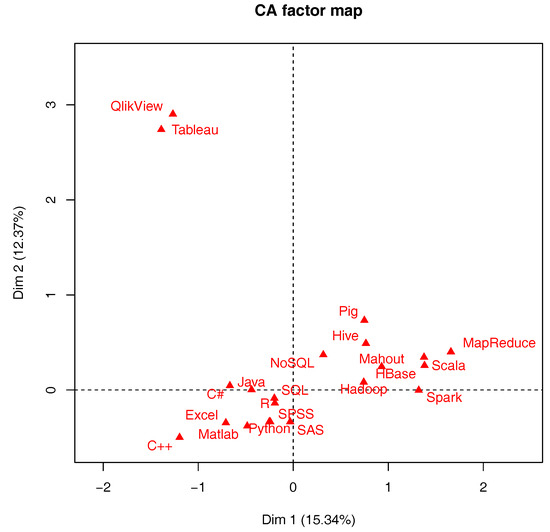| Data science as an innovation challenge: From big data to value proposition  How best can we retrieve value from the rich streams of data in our profession, and introduce a solid, systematic process for analyzing that data? Here Kayser et al. describe such a process from the perspective of data science experts at Ernst & Young, offering a model that "aims to structure and systematize exploratory analytics approaches." After discussing the building blocks for value creation, they suggest a thorough process of developing analytics approaches to data analytics. They conclude that "[t]he process as described in this work [effectively] guides personnel through analytics projects and illustrates the differences to known IT management approaches." How best can we retrieve value from the rich streams of data in our profession, and introduce a solid, systematic process for analyzing that data? Here Kayser et al. describe such a process from the perspective of data science experts at Ernst & Young, offering a model that "aims to structure and systematize exploratory analytics approaches." After discussing the building blocks for value creation, they suggest a thorough process of developing analytics approaches to data analytics. They conclude that "[t]he process as described in this work [effectively] guides personnel through analytics projects and illustrates the differences to known IT management approaches."
The development of data science: Implications for education, employment, research, and the data revolution for sustainable development  In this 2018 paper by Murtagh and Devlin, a historical and professional perspective on data science and how collaborative work across multiple disciplines is increasingly common to data science. This "convergence and bridging of disciplines" strengthens methodology transfer and collaborative effort, and the integration of data and analytics guides approaches to data management. But education, research, and application challenges still await data scientists. The takeaway for the authors is that "the importance is noted of how data science builds collaboratively on other domains, potentially with innovative methodologies and practice," In this 2018 paper by Murtagh and Devlin, a historical and professional perspective on data science and how collaborative work across multiple disciplines is increasingly common to data science. This "convergence and bridging of disciplines" strengthens methodology transfer and collaborative effort, and the integration of data and analytics guides approaches to data management. But education, research, and application challenges still await data scientists. The takeaway for the authors is that "the importance is noted of how data science builds collaboratively on other domains, potentially with innovative methodologies and practice," |